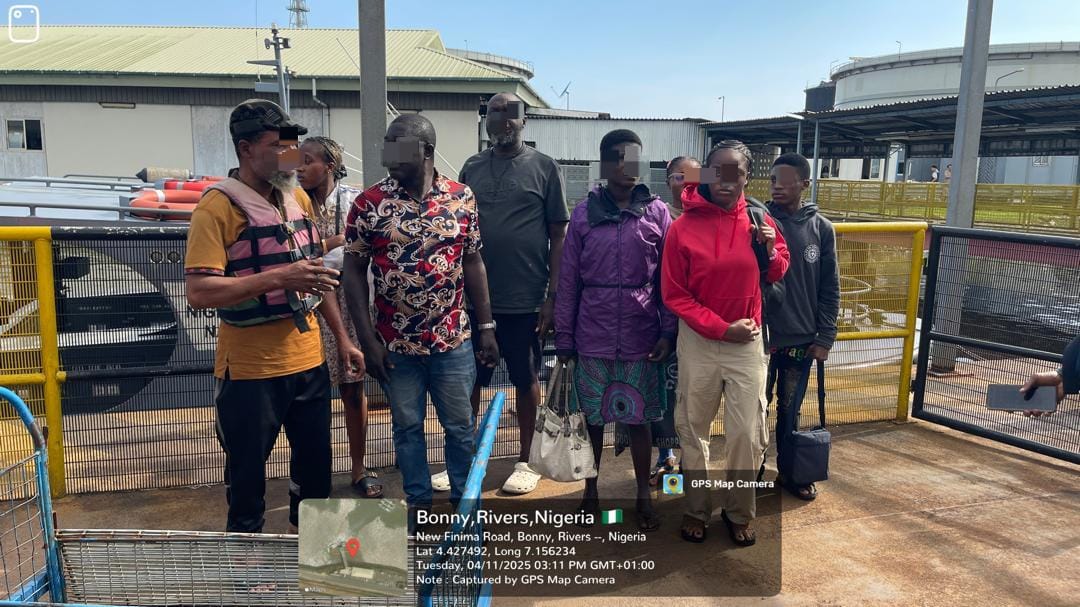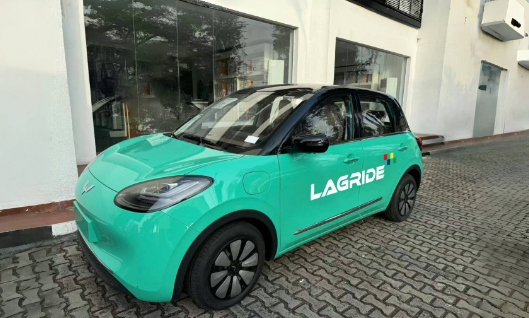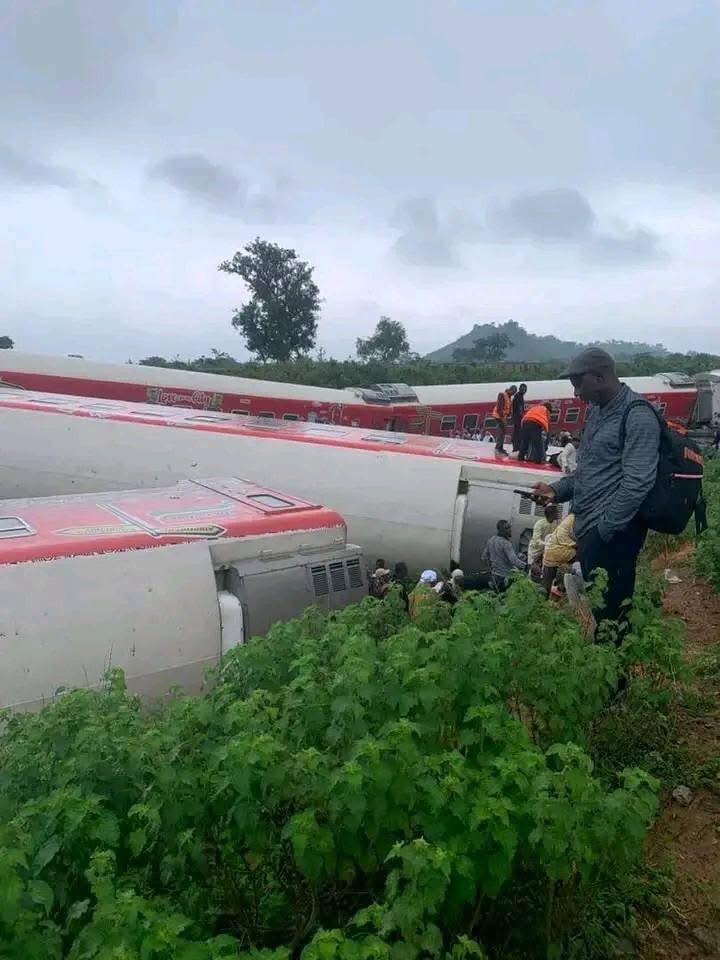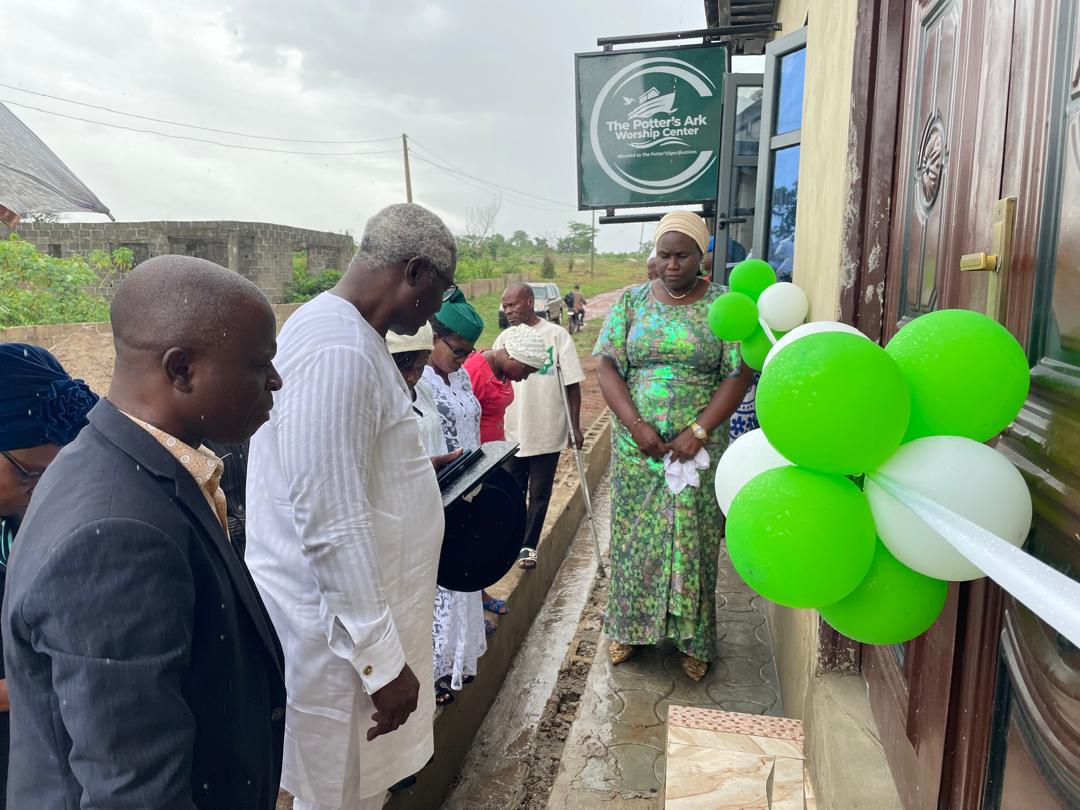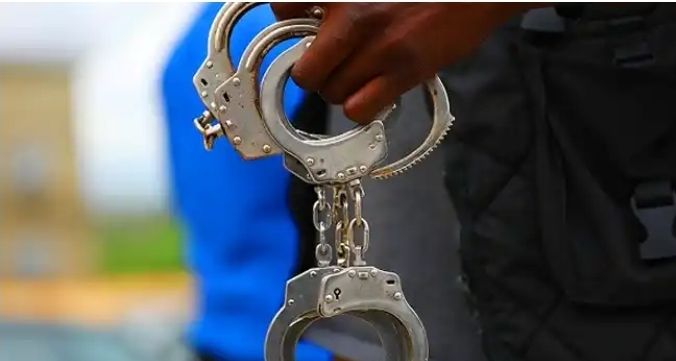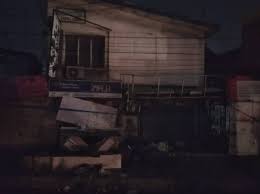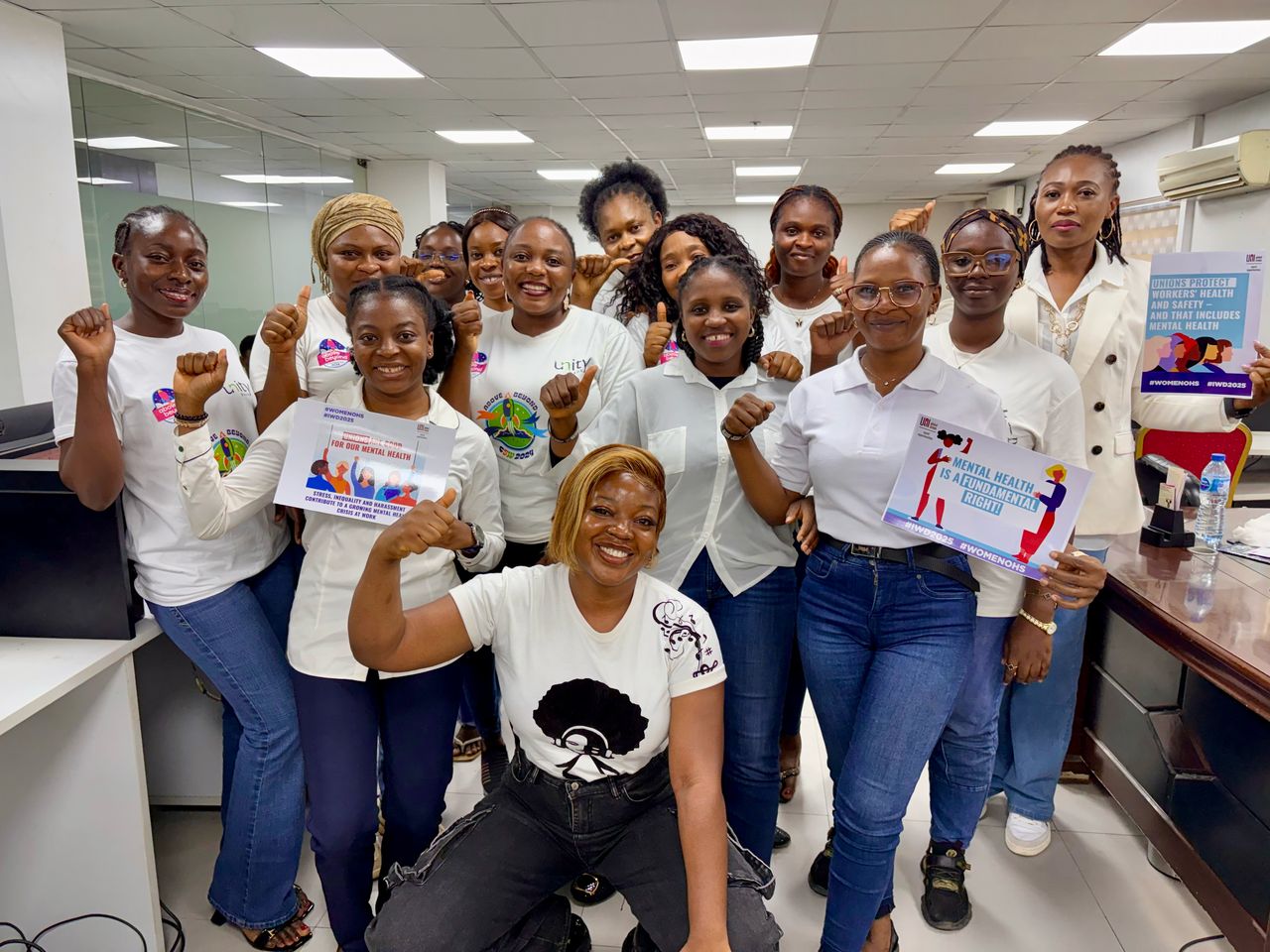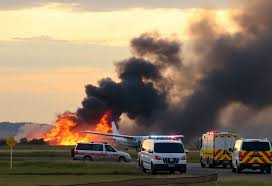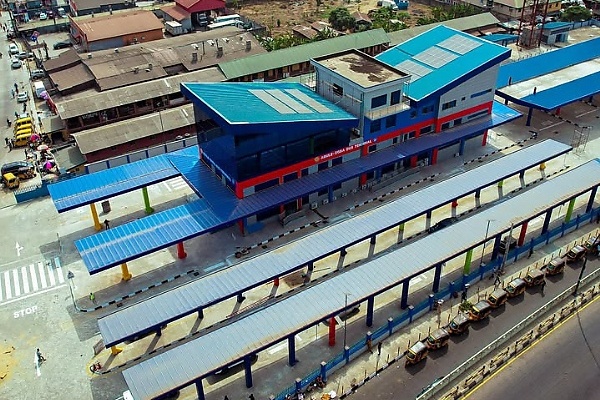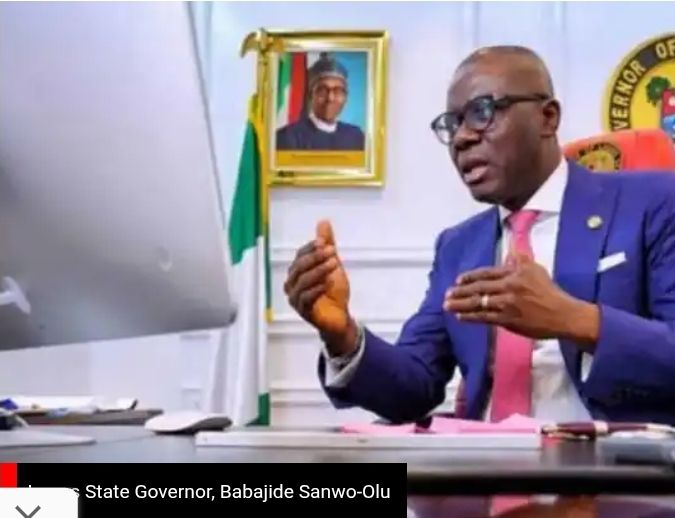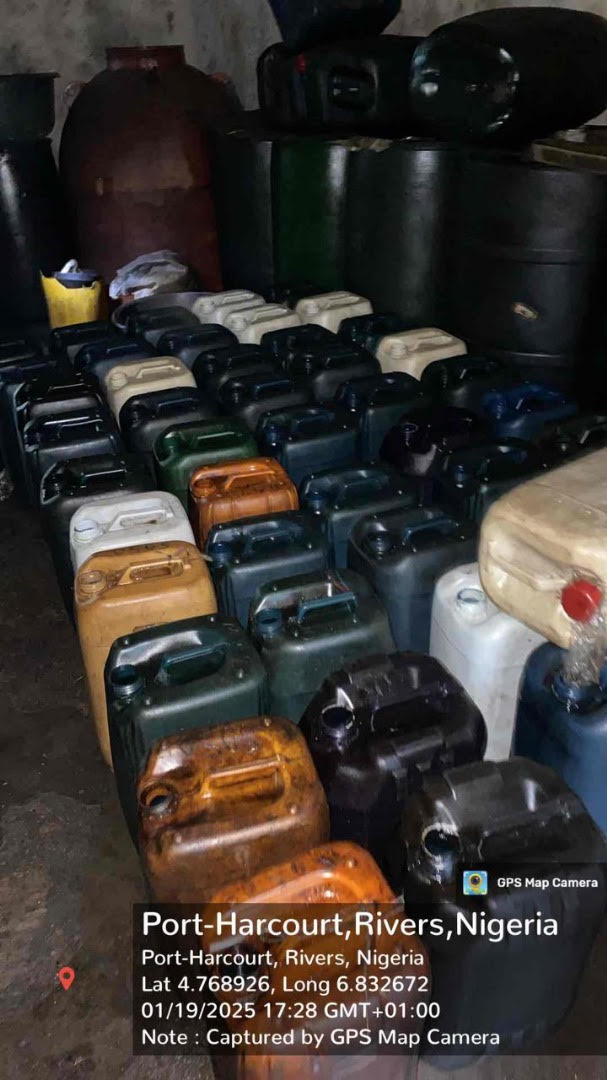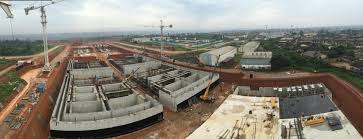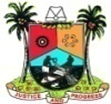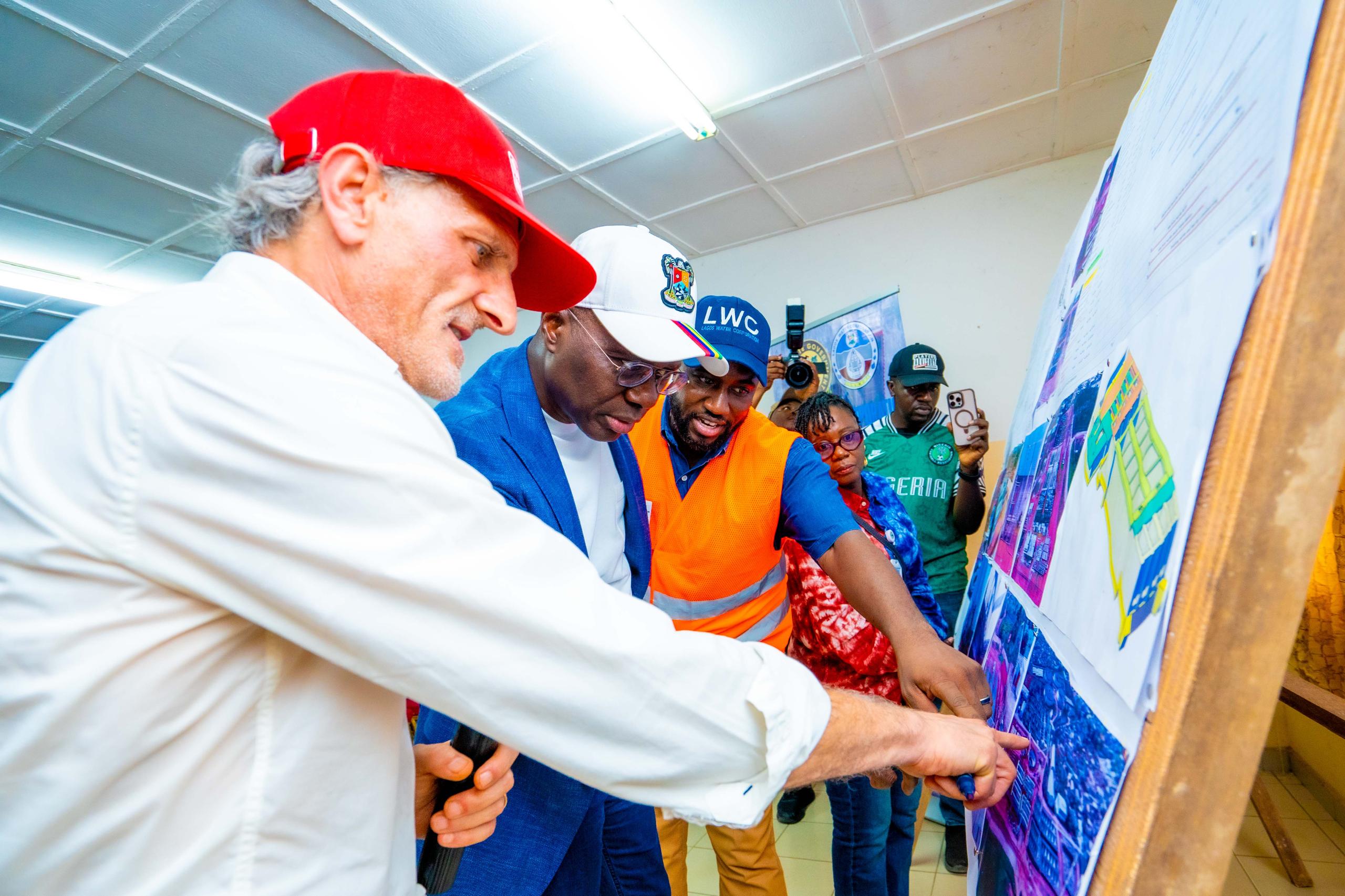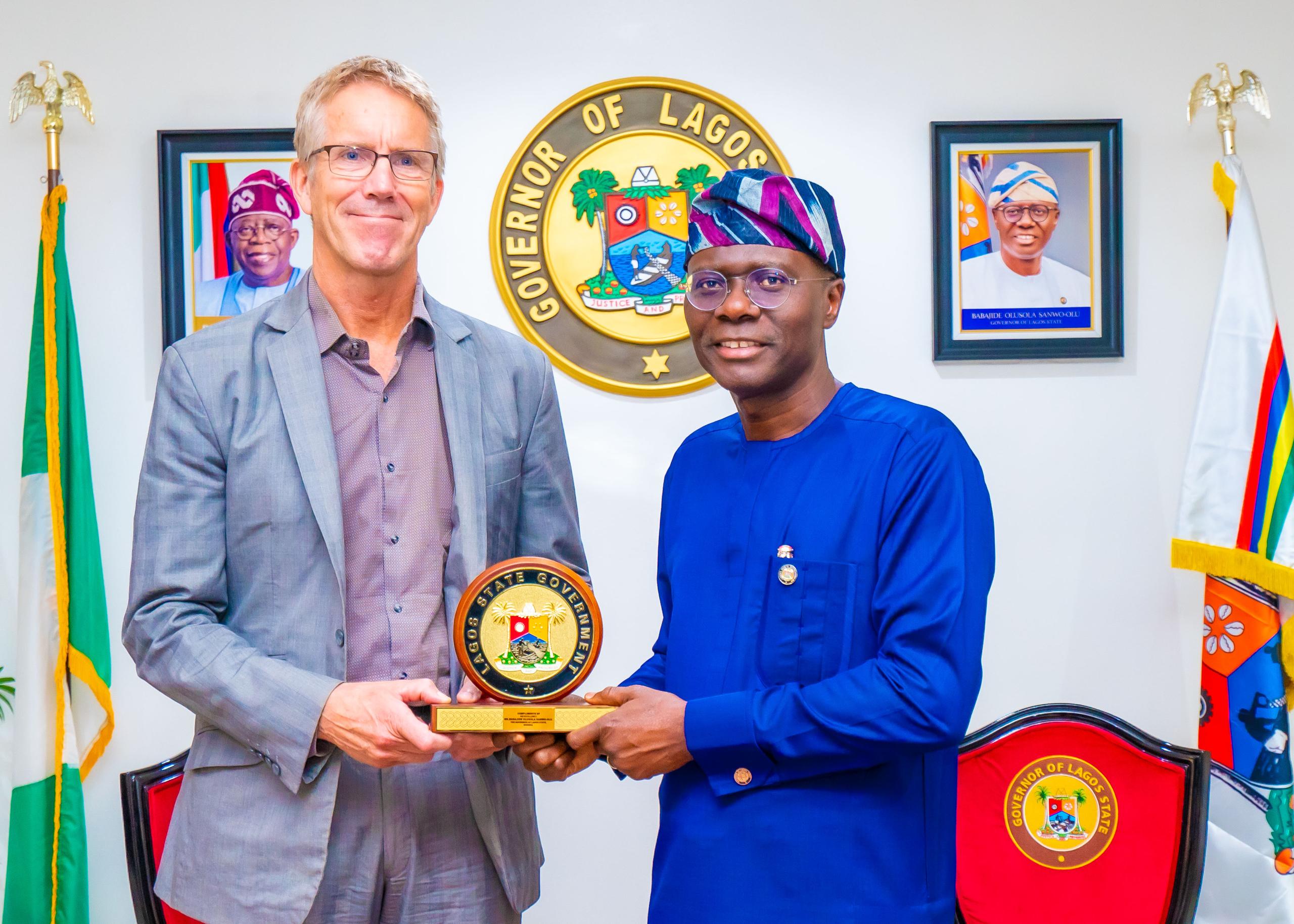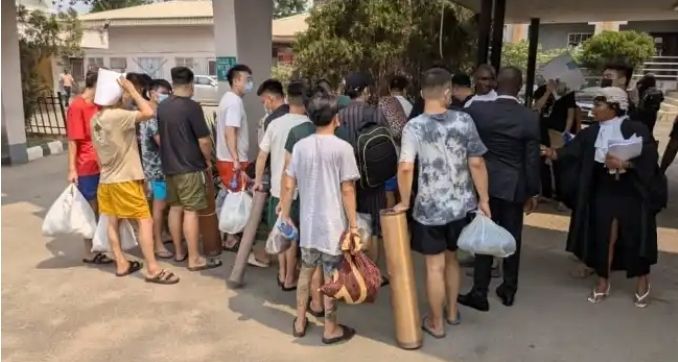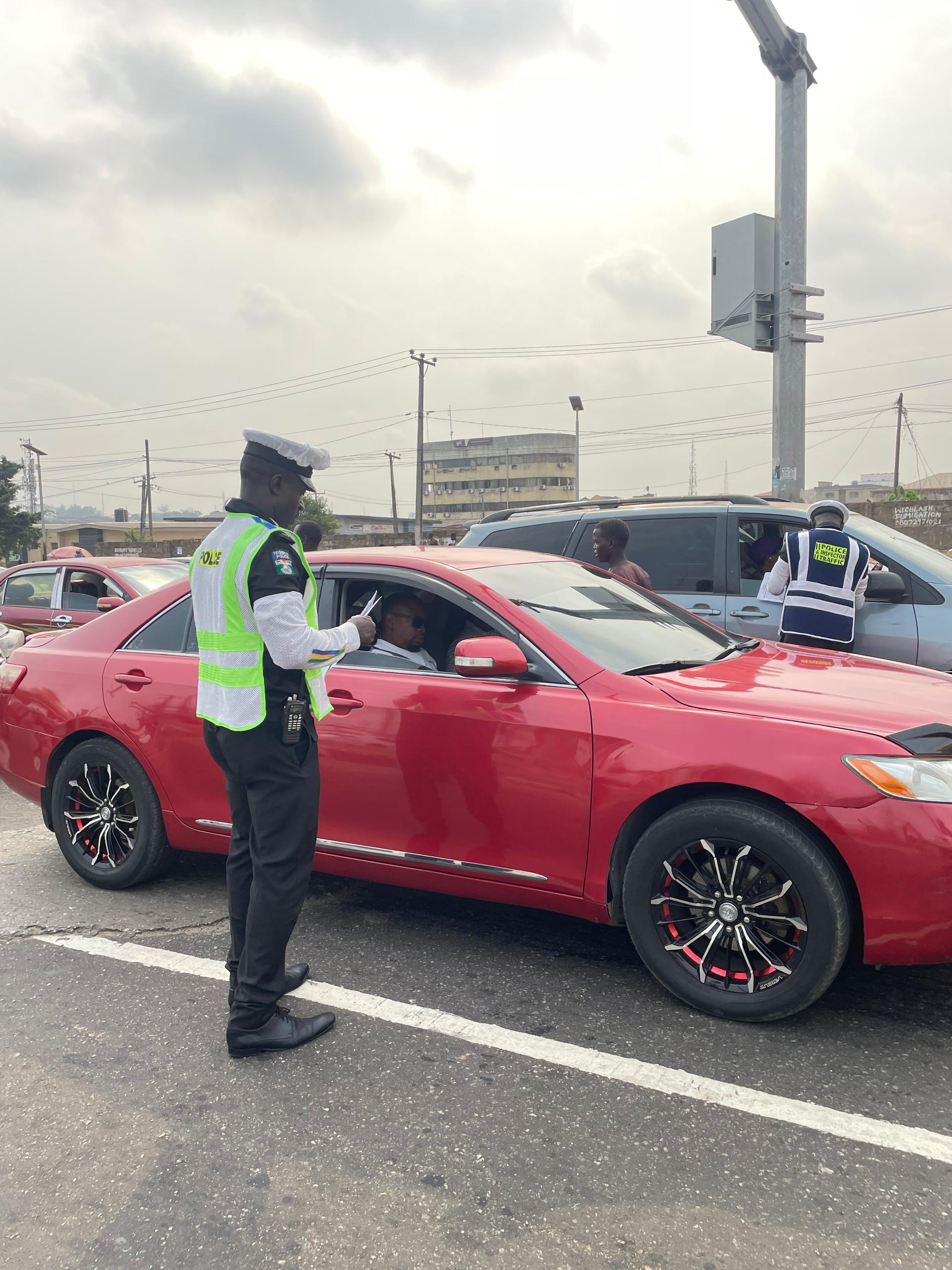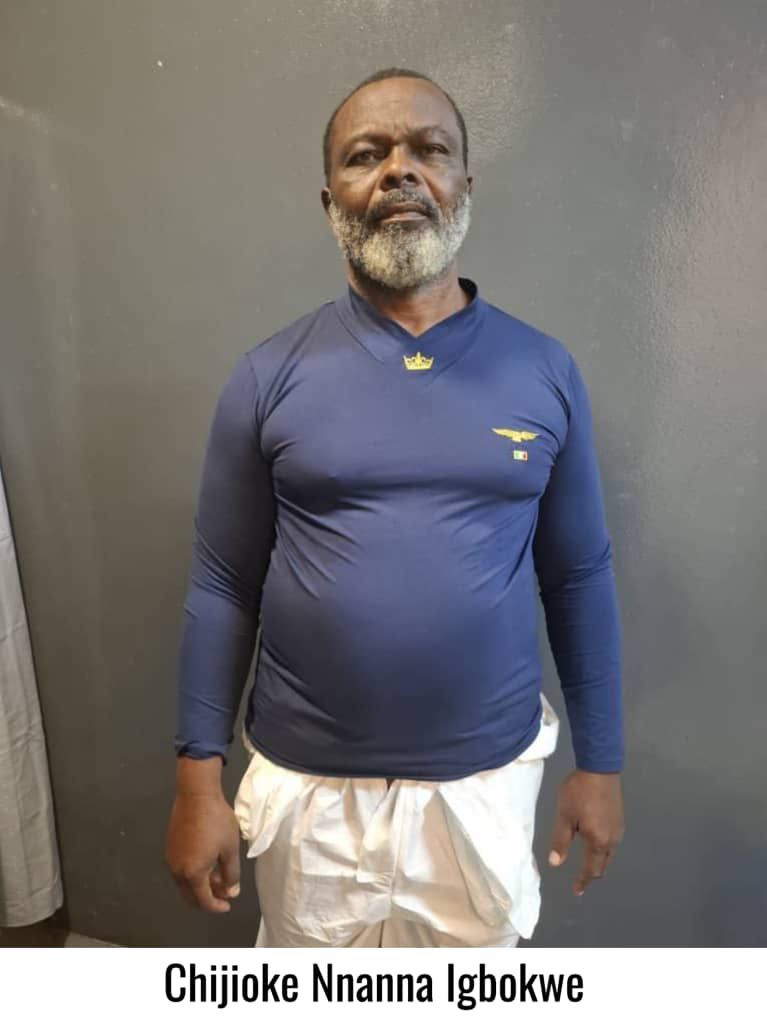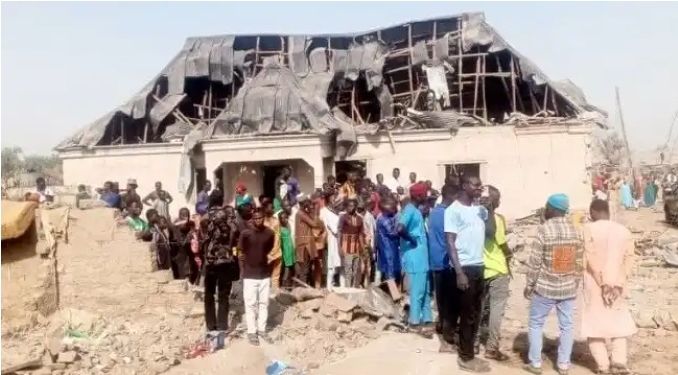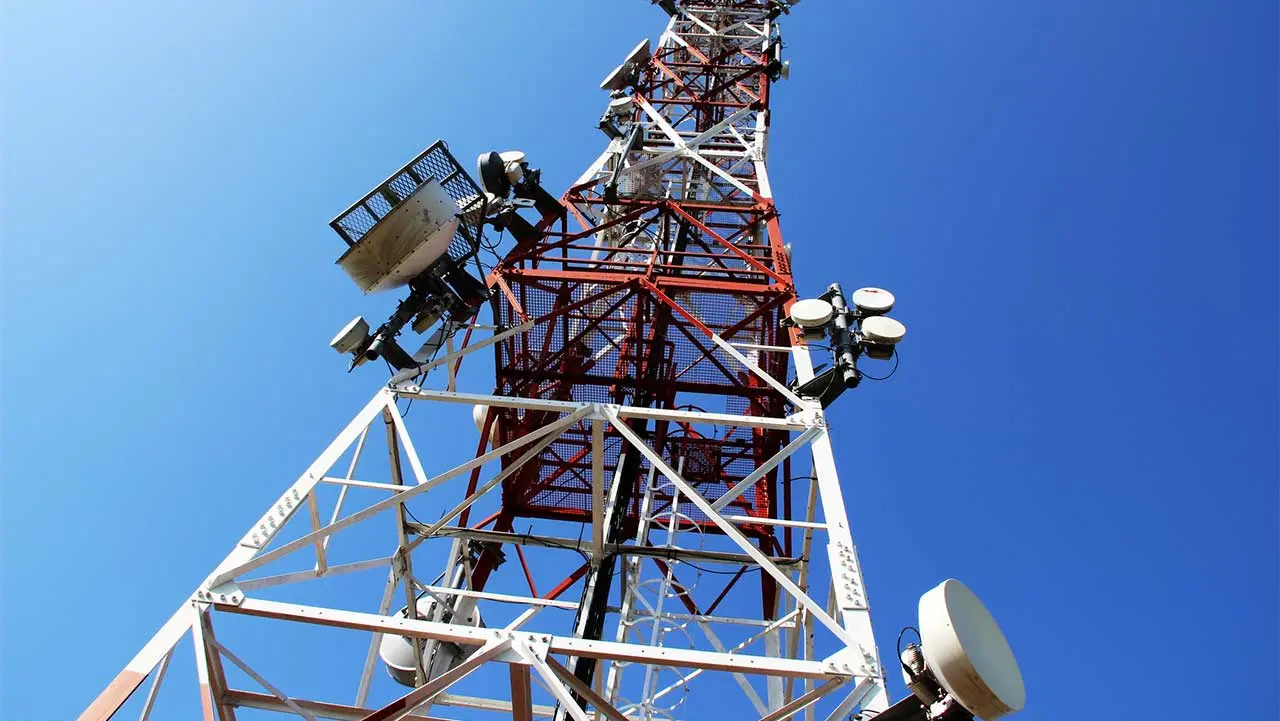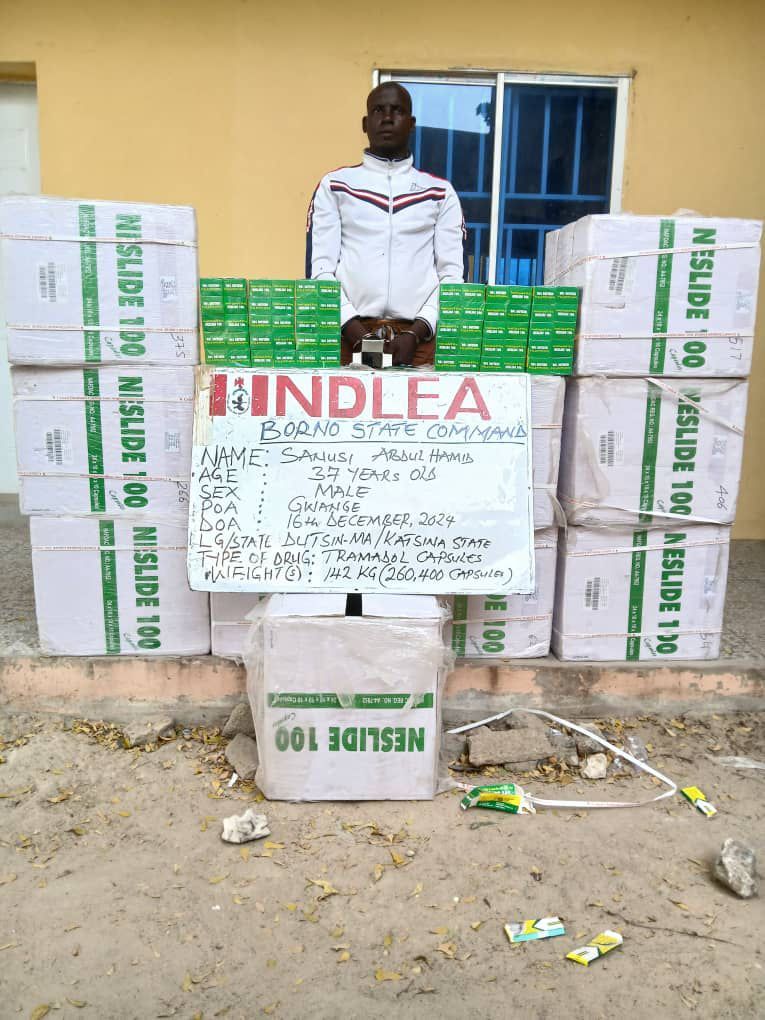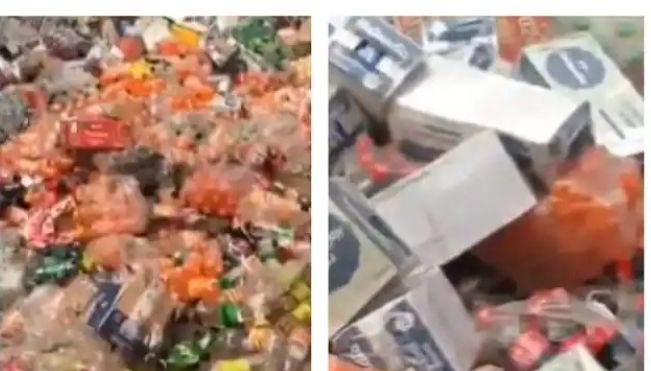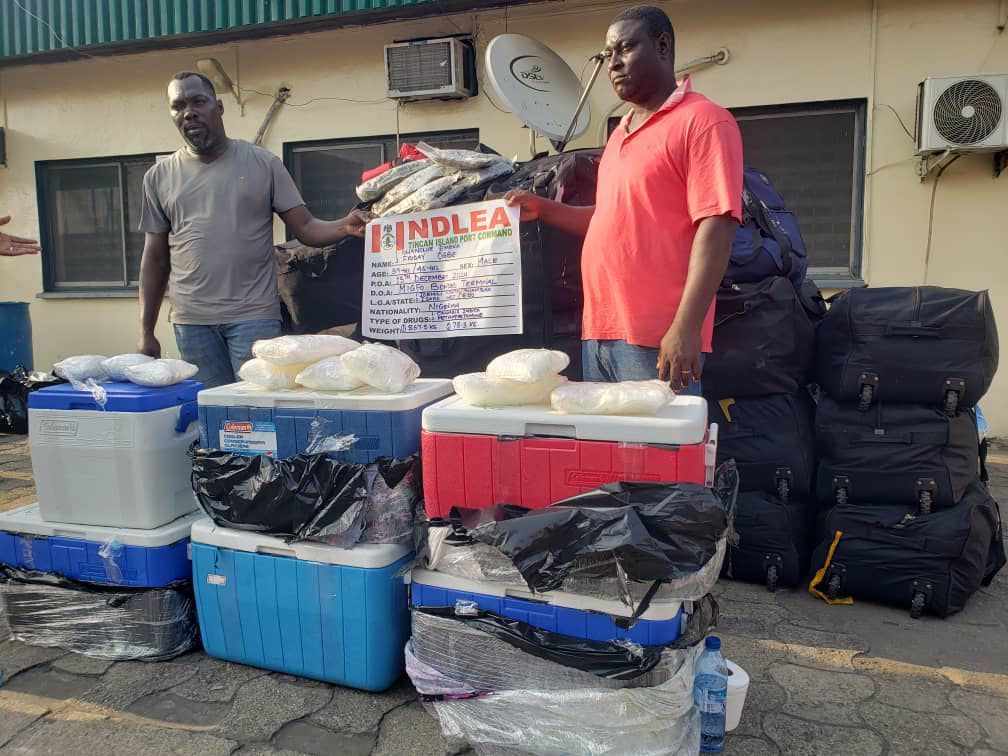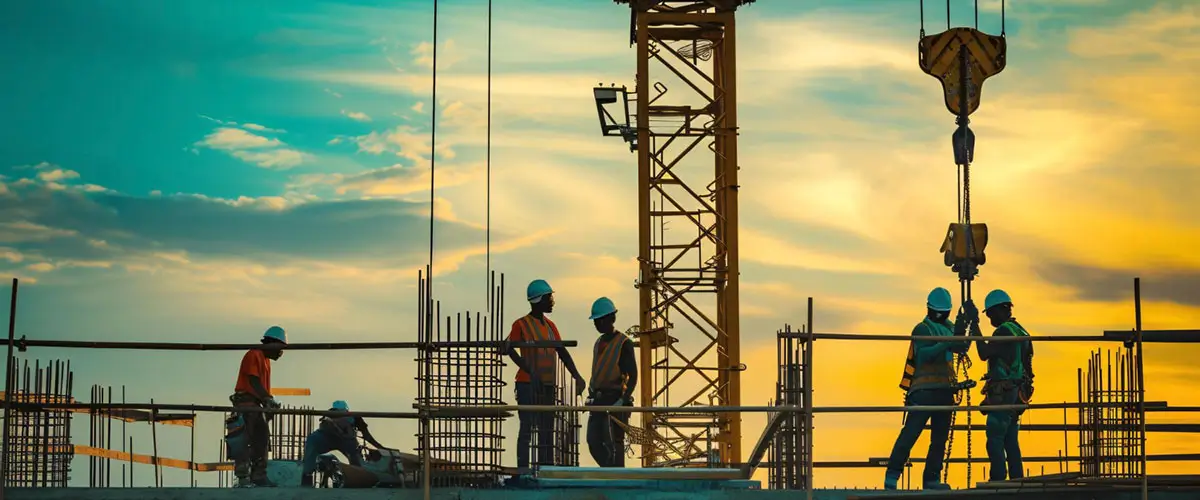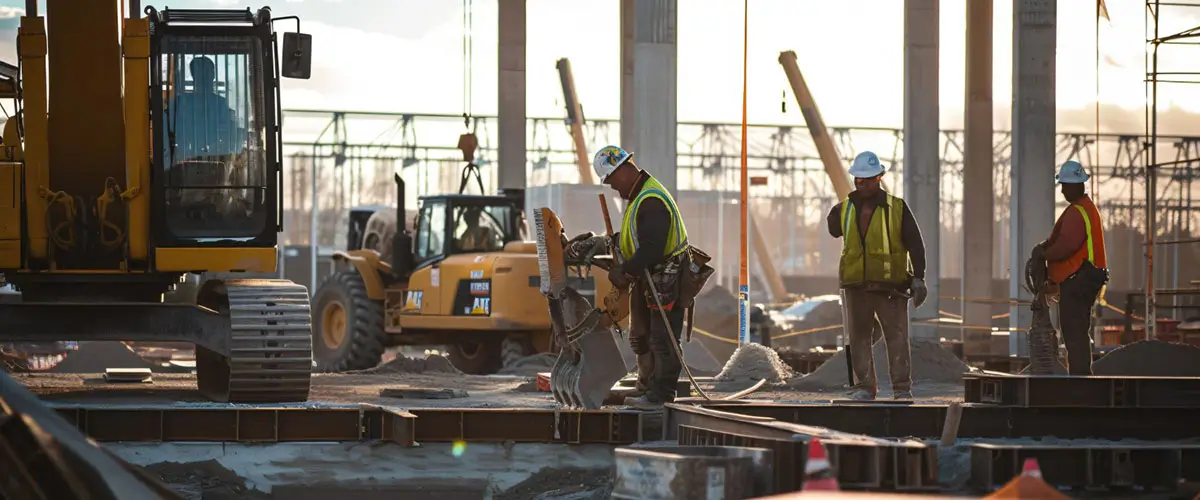Nigerian National Petroleum Company Limited on Monday began offloading 240 million litres of Premium Motor Spirit, otherwise called petrol, as it stepped up efforts to tackle the worsening nationwide petrol scarcity.
As the NNPCL began offloading petrol, filling stations sold the product at an average price of N800 per litre in various locations.
One of our correspondents gathered that the 240 million litres of petrol imported into the country came in through five vessels, which were offloaded into five depots on Monday.
The South-West Regional Coordinator of the Nigerian Midstream and Downstream Petroleum Regulatory Authority, Ayo Cardoso, confirmed this in an interview with The PUNCH on Monday.
The PUNCH reported on Monday that despite claims by the NNPC that the logistic issues causing fuel scarcity had been addressed, Nigerians in Lagos and other parts of the country still struggled to get fuel as many filling stations remained shut.
The PUNCH independently gathered that the situation might worsen in Lagos and other parts of the South-West because there was a directive by the NNPC that fuel trucks must first service the Federal Capital Territory before any other places.
According to oil sector sources, hundreds of trucks loaded were sent to Abuja on Sunday based on the NNPC directive.
Our correspondents who visited filling stations across the country on Monday observed that many outlets hiked their pump prices, selling a litre of petrol between N650 and over N1,000.
As the stations increased the pump prices of fuel, it was learnt that black marketers also used the opportunity to make brisk business, selling a litre of petrol at prices of over N1,200/litre, depending on the location and the bargaining strength of the buyer.
It was also observed that the hardship being encountered as a result of fuel scarcity worsened on Monday. The queues in filling stations became longer as work resumed across the nation for the new week.
The fuel scarcity also coincided with the resumption of public schools in some states, adding to the burden on parents, teachers and school owners.
Speaking with The PUNCH, the NMDPRA regional coordinator said the agency was doing its best to ensure Nigerians were not exploited by filling stations.
“We are doing something about the fuel crisis; very soon it will be over. Vessels are discharging as I am talking to you. What we are concentrating on is to push the NNPC, which is the supplier of last resort, to make sure they wet the entire populace.
“So, we have about five vessels already discharging the product, about 240 million litres are being discharged as I am talking to you right now. We are working round the clock.
“But then, once you have a problem, it takes like one or two weeks to (normalise), but people will keep on panicking, which is not supposed to be. All these kinds of things disrupt the normal way of operations. But with 240 million litres coming in from five vessels discharging to five depots already today, things will get back to normal,” Cardoso assured Nigerians.
Our correspondents noted that the few filling stations dispensing fuel on Monday were crowded by private and commercial drivers, motorcyclists as well as individuals with jerry cans.
The queues were seen in Abuja as well as Lagos, Ogun, Niger, Nasarawa, Gombe and other states.
The Heyden filling station in Iperu Remo, Ogun State sold petrol at N650 per litre on Monday amid fights among buyers who thronged the station from places like Isara, Ode, Ilishan and others.
A motorist, who spoke to one of our correspondents, said he had been in the queue since 5am, yet he was unable to buy petrol as at noon.
“Look at me, I have been here since 5am, yet I couldn’t get fuel up till noon. I came here from Isara. There is no fuel in other places. This station belongs to the governor, maybe that’s why it is selling at the rate of N650 per litre. A few others around us sell petrol for N800 or more,” the motorist, who identified himself as Ismail, told The PUNCH.
A young man dressed in TotalEnergies uniform was sighted at the Heyden filling stations with two jerry cans filled with PMS.
The man, who did not reveal his name, stated, “I came here to buy fuel because we don’t have fuel in our station. I spent hours in the queue despite being an attendant myself. We don’t know why there is no fuel, but we heard that everybody is waiting for May 1 to know if the president would say something about fuel price reduction or not”.
At WB One Oil & Gas in Ogere, the crowd was not much as a result of the price differential between it and Heyden. The filling station sold a litre of petrol at N900 as of Monday morning.
“I can’t buy at WB One. N900 is too much for a litre. That is why the people there are not many. I would rather join the queue instead of paying N900 for a litre,” Adamu, an okada rider said.
The NNPC retail outlet along the Sagamu-Interchange axis was occupied by buyers who wanted to get the product at N580/litre.
Selling at N670, the As-Sallam filling station near the NNPC also had a long queue. The NIPCO and AP stations near the RCCG Bus Stop did not open for business.
Commuters heading to work, schools, and various destinations in Abeokuta, the Ogun State capital on Monday found themselves stranded due to the effect of the lingering fuel scarcity.
Many bus stops were filled with passengers trying to board vehicles to schools and places of work.
Our correspondents learned that some filling stations around Rounda and Lafenwa were selling the product for N1,000/litre.
A cab driver, Mr Banji Alaba, said “The fuel problem has continued to worsen, some filling stations in Rounda and Lafenwa area are selling a litre for N1,000. Though we have a few selling for between N750 to N800 the queue is killing. The NNPC filling stations are selling for N580 but my friend who has been at one of the stations since 9 am is yet to buy fuel as of 4 pm when I called him.
“The queue is so much and overwhelming. The cabs outside are few because many drivers are at the filling stations and some who don’t have the strength to spend hours at filling stations have parked their cars. How do we feed our families?
“The schools have just resumed and a lot of us want to pay our children’s school fees, how do we do that if we don’t work? It is really frustrating and sad.”
Some students were also sighted trekking home because they could not get cabs on time while those who offered to carry them increased the fare by 70 percent.




